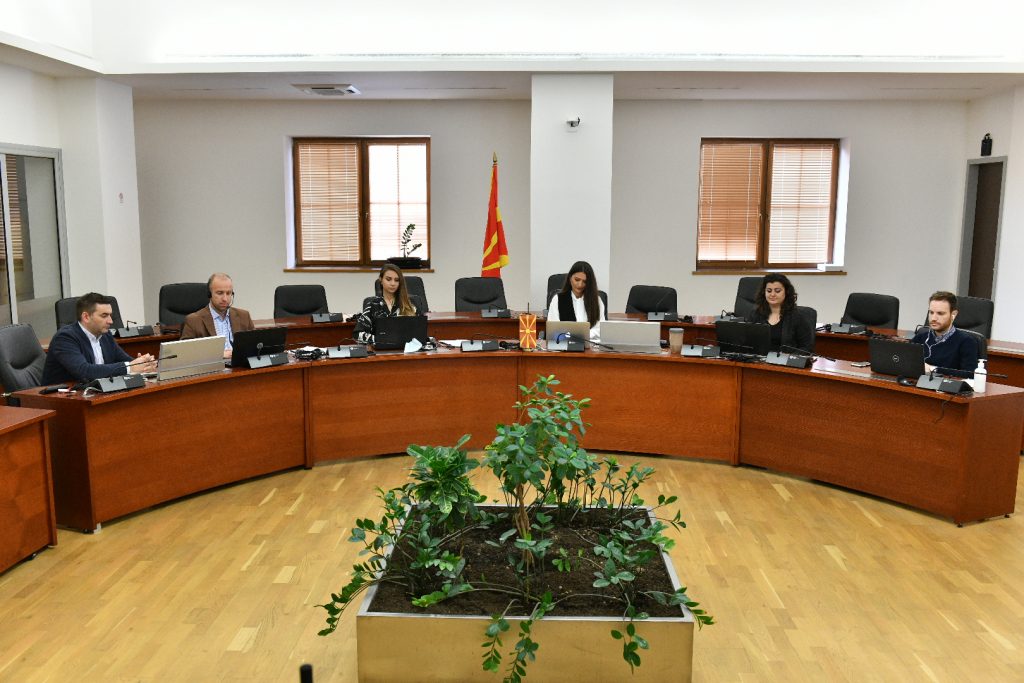18th November 2021, Skopje – Inclusive Framework on BEPS for Eurasian countries addresses the weaknesses of the international tax system, tackles tax evasion and profit sharing, improves the coherence of the international tax rules and ensures more transparent tax environment, Minister of Finance, Fatmir Besimi, pointed out at the 7th Regional Meeting on BEPS for Eurasian Countries, hosted by the Intra-European Organisation of Tax Administrations (IOTA) and the Organisation for Economic Co-operation and Development (OECD).

Ministry of Finance is co-hosting the Meeting, recognising the progress the country has achieved in the period so far in the area of international taxation.
During the meeting, the representatives exchange opinions on the policies defined under the Inclusive Framework on BEPS and their implications on the member countries, all to the end of ensuring compliance of the tax policy goal with the laws and the actual economic activity.
As the Minister said, one of the goals of the Meeting is to discuss the challenges of the digitalisation of the economy, with the Inclusive Framework’s work addressing these issues, as well as to present a comprehensive system for a global minimum corporate tax rate.
The agreement signed in October, a concept based on two pillars, is a step forward, however, lot remains to be done so as to define all details and to implement the agreement on Corporate Tax Reforms, the Minister said.
The Meeting brings together officials from Finance Ministries and Tax Administrations of Eurasian countries, decision-makers, as well as technical experts, and representatives from the OECD, regional and other international organisations, and external stakeholders from the business community, civil society and academia.

Participants have the opportunity to exchange experience on the challenges of the digitalisation of the economy, related to the minimum corporate tax rate. Development of international tax standards when monitoring BEPS Project implementation, progress made in the implementation of the BEPS minimum standards and the capacity-building initiatives, will be also discussed.
Republic of North Macedonia is one of the countries and jurisdictions (136) which reached landmark agreement on corporate tax reform last month. This major tax reform of the international tax system comprises two pillars and refers to taxation of digital activities of multinational enterprises, as well as applying minimum global corporate tax rate for large MNEs. Under this agreement, developing countries will gain new taxing rights, allowing them to collect more tax revenues from the largest and the most profitable MNEs, including the highly digital companies.
Further benefits will also arise from the stabilisation of the international tax system and the increased tax certainty for taxpayers and tax administrations. Global minimum tax will put an end to tax havens, thus lessening the incentives for MNEs to shift their profits out of the developing countries.
OECD assessments of the economic impact shows significant additional revenues for the low-, medium- and high-income countries.
This agreement is a response to the changes arising from digitalisation and globalisation affecting the economies and the life of the citizens and the challenges pertaining to the rules for taxing international business income, prevailing for more than one hundred years and resulting in large MNEs not paying their fair share of tax despite the huge profit they generate.
















